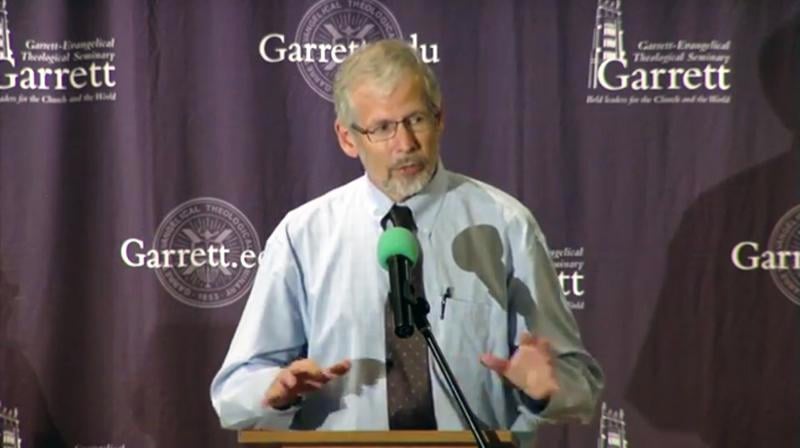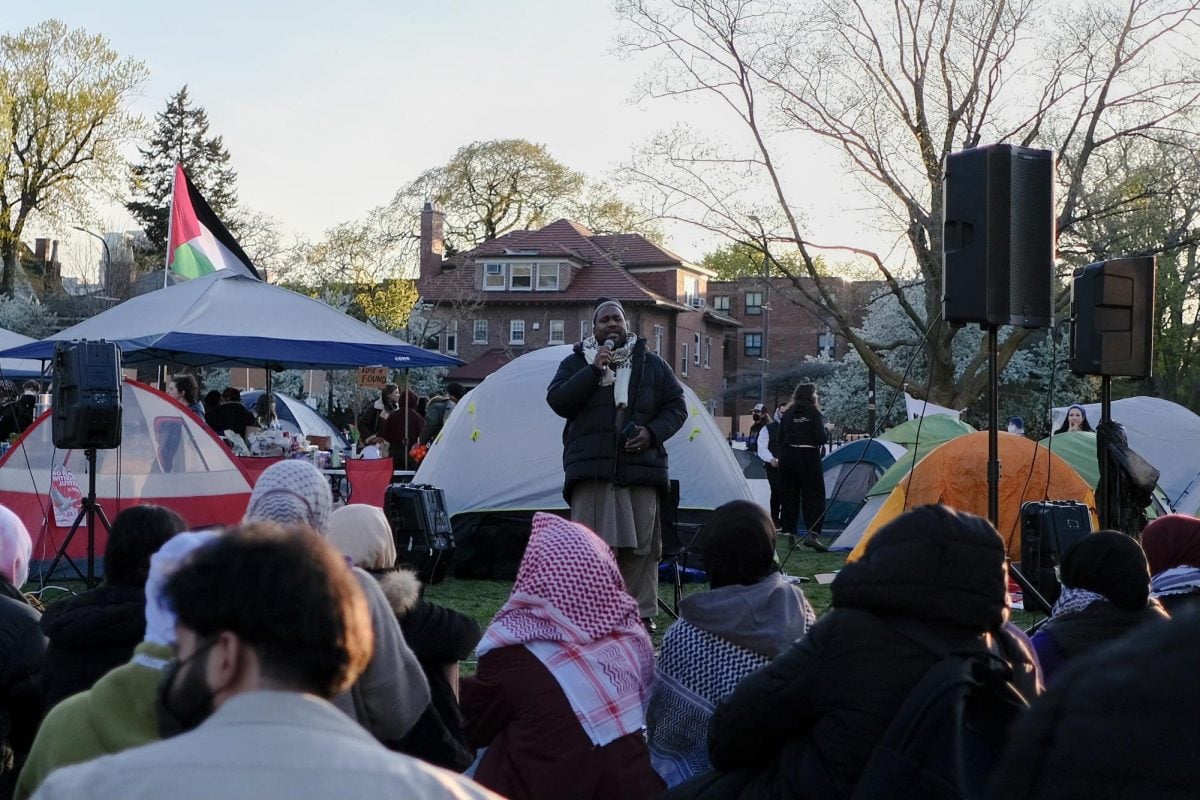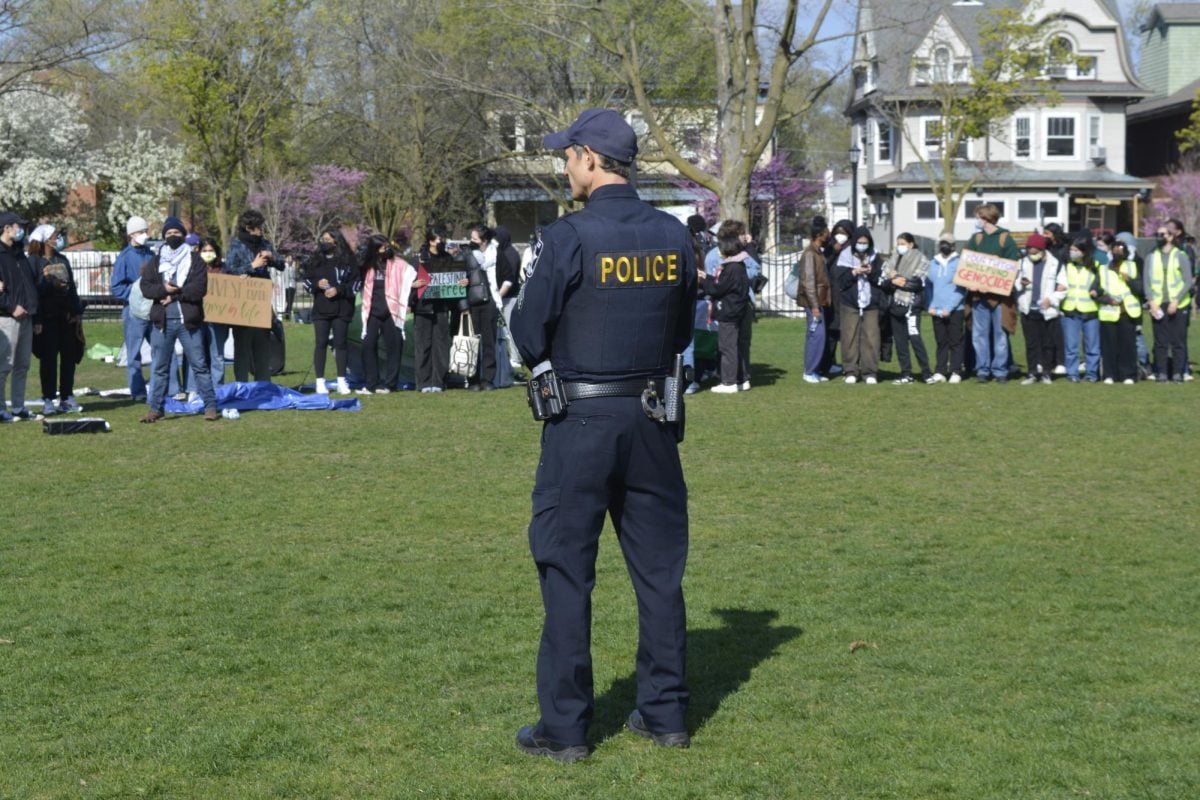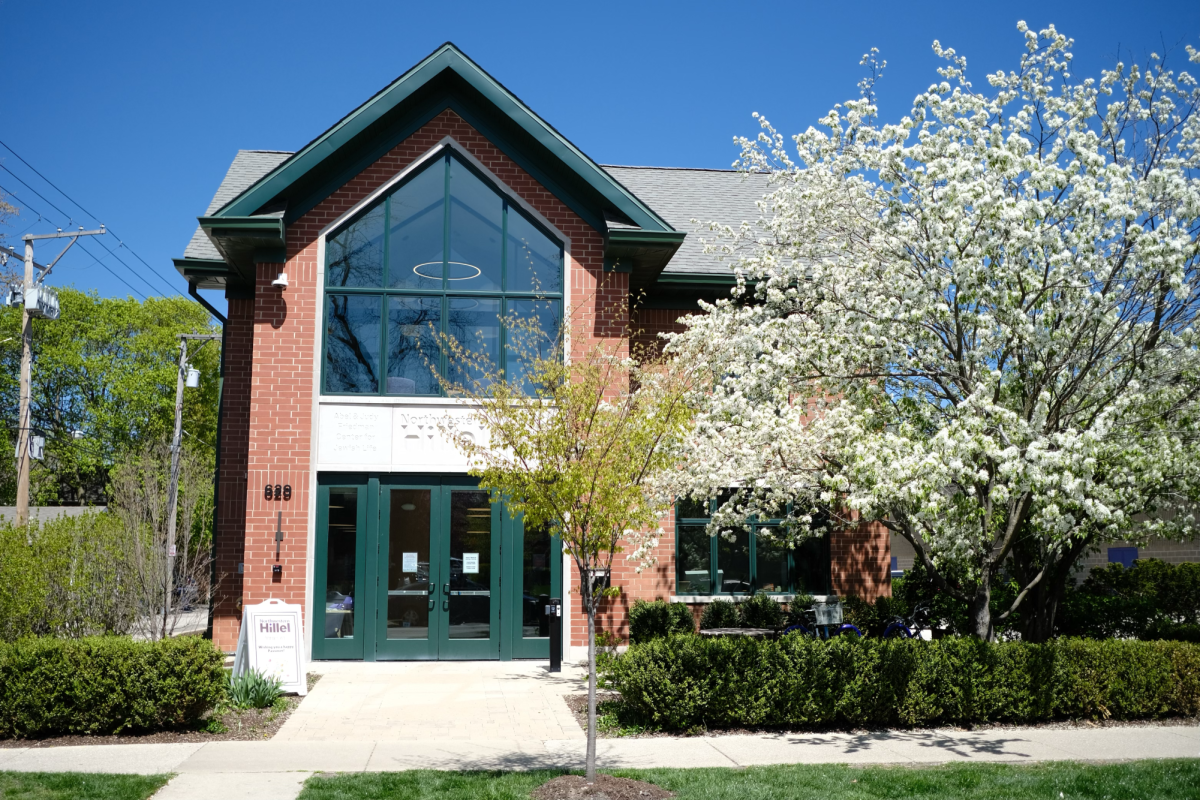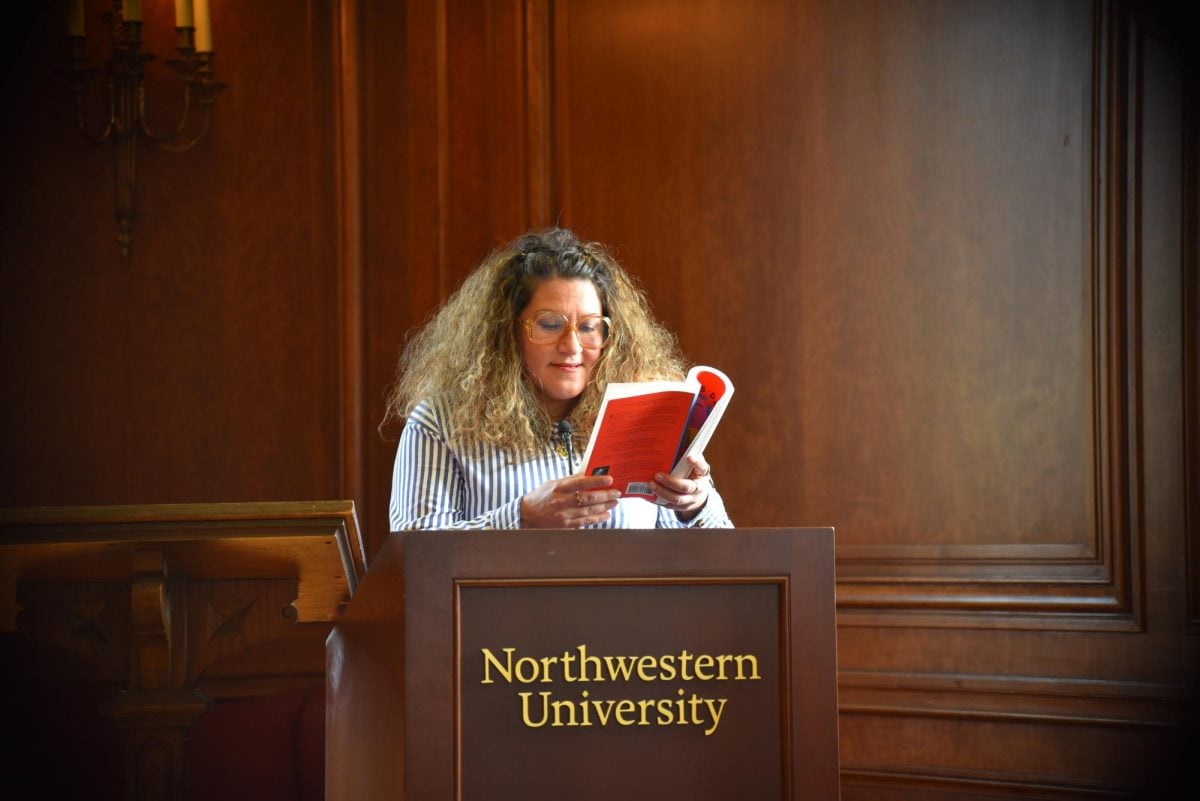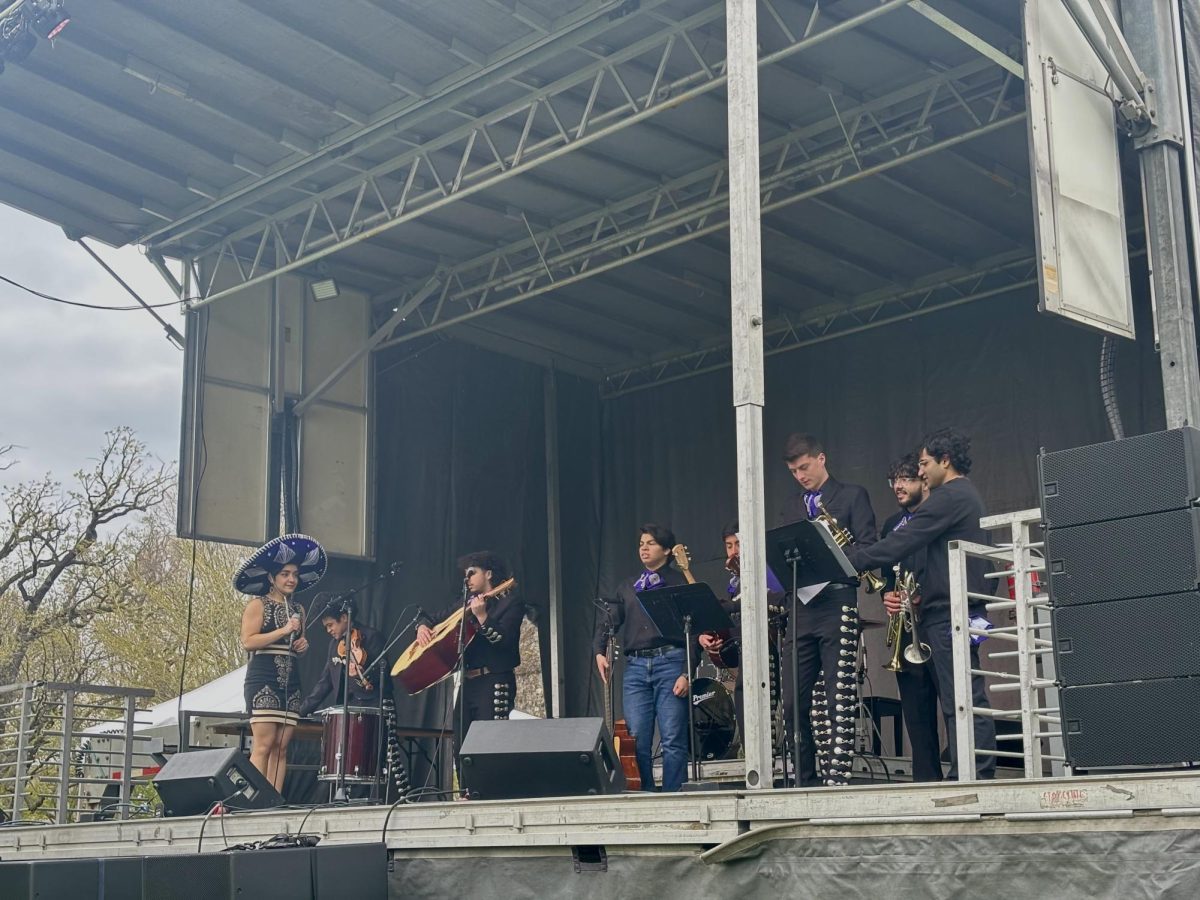As the highly anticipated Affordable Care Act’s insurance exchanges opened across the nation Tuesday, local religious figures, Evanston politicians and other community members gathered on Northwestern’s campus to discuss the bill’s implications and educate attendees on the new health care system.
The forum “Navigating the Affordable Care Act,” held at the Garrett-Evangelical Theological Seminary, featured a plenary speech Tuesday night from Gary Gunderson, who serves as vice president of faith and health ministries at Wake Forest Baptist Medical Center. Gunderson has long been involved in bridging the gap between faith congregations and social health policy.
“This is a landmark, perhaps a tipping point, in the development of what it means to be a free democracy,” Gunderson said, “in which everyone is a citizen, including in the most basic sense, of being part of the health system that is fundamentally part of being a full human being in the 21st century.”
The news conference, which kicked off two days’ worth of events, featured an ensemble of community leaders, with state Sen. Daniel Biss (D-Evanston), state Rep. Robyn Gabel (D-Evanston), Bishop Wayne Miller of the Evangelical Lutheran Church in America’s Metro Chicago Synod branch, Pam Holliman of the Garrett-Evangelical Seminary, Garrett president-elect Lallene Rector and Gunderson all speaking at the event.
The organizers each shared positive sympathies about the new system the ACA is set to create.
“There are people in positions of governmental leadership, faith leadership, community leadership who stand ready to walk us through this transition,” Biss said. “There will be moments when the transition will be difficult, but these difficulties don’t really come in fundamental contact with the underlying principle that led to this day.”
Gabel, who, prior to taking office in April 2010, had served throughout the past two decades on Illinois health care committees and has an extensive background in women’s and children’s health issues, said she had spent a lifetime working toward universal health care.
“This is a very exciting day for me and for all of us in this country,” she said. “I think there is now a new philosophy in America — health care is now a right and responsibility, rather than a privilege, and everyone contributes based on their ability to pay.”
Though the religious leaders at the gathering trended strongly toward favoring universal health care, they did acknowledge that people of the Christian faith have many different ways of viewing laws in relation to their beliefs. Miller suggested that at most individual Protestant congregations, one would likely find many different opinions on the ACA, specifically regarding certain provisions within the bill.
One such detail that has drawn criticism from Christian groups throughout the country has been the mandate requiring health care providers to cover the costs of contraceptives for clients.
“Part of the issue is, what do we try to accomplish through broad public policy, and what do our congregations and the families in them need to take responsibility for?” Miller said. “For example, many of our churches actually do sex education and value education around sexuality within their congregations. We feel that’s a more effective way to deal with those issues than with broad policies prohibiting the availability of contraception.”
Throughout Wednesday, conference attendees were taught about specific aspects of the new law and broken into smaller groups concerned with “empowering congregational leaders to help constituents access health care benefits,” according to Garrett’s website.
Both Biss and Gabel strongly encouraged people to visit getcoveredillinois.gov, the website for Illinois’ new state health exchange, to sign up for coverage or clarify questions about the new system. Though the conference’s speakers said they know the implementation of the law will be far from seamless, they emphasized the historic implications of universal health care’s debut in the United States.
“This is not a fully polished ensemble of practices or policies, but this is a profound moment,” Gunderson said. “And I think even in this very contentious time, filled with vitriol and exaggeration, much of it cynical, that we should pause with humility and just express a simple gratitude that we are alive in this moment. Many of us did not think we would live to see it, and in fact, we did live to see it. I think that’s worth celebrating.”
Email: [email protected]
Twitter: @dannykelleher3

